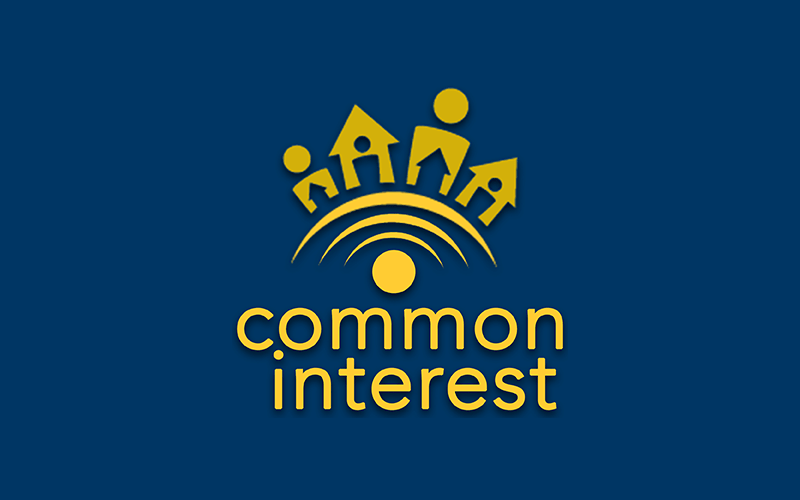Disclaimer: The views and opinions expressed in this article are those of the authors and do not necessarily reflect the official policy or position of CAI Illinois. Any content provided by our authors are of their opinion and are not intended to constitute legal advice. Whereas each community association requires specific considerations, readers should not act upon this information without seeking professional counsel.
As the COVID-19 vaccination rollout continues, community association boards ask whether they can require association employees to be vaccinated. Other boards, unwilling to go as far as mandating vaccinations, are asking if they can offer employee incentives to get the shot, such as a small cash payment as a bonus.
Whether a board can require its employees to be vaccinated depends partly on whether the employees are members of a union. Many door staff, engineering and janitorial staff, and parking attendant employees within the City of Chicago are members of a union, either SEIU Local 1 or the Teamsters Local 727 labor unions. Thus, if your association’s employees are members of the union, the answer as to whether or not a vaccine mandate can be imposed depends on the association’s collective bargaining agreement with that particular union and the requirements of federal labor law.
To assist with this issue, we spoke with Kevin D. Kelly, a partner in the labor and employment group at the law firm of Locke Lord LLP who regularly assists many Chicago community associations with employment issues. Mr. Kelly noted that nothing in the relevant SEIU Local 1 or Teamsters Local 727 collective bargaining agreements expressly authorize associations to mandate vaccinations for union employees and that an association seeking to impose a mandatory vaccination program may need to bargain with the applicable unions over this issue. Mr. Kelly noted that both SEIU Local 1 and Teamsters Local 727 have stated, in writing, their opposition to employer vaccine mandates. Mr. Kelly said that a vaccine mandate would trigger obligations to provide paid time off for vaccination under the Chicago Vaccine Anti-Retaliation Ordinance. He also explained that the Americans with Disabilities Act and Title VII of the Civil Rights Act of 1964 may, in certain circumstances, require employers to reasonably accommodate employees who cannot or will not become vaccinated due to disability-related or religious reasons.
As far as offering incentives to encourage union employees to obtain their vaccinations, Mr. Kelly noted that the terms and conditions of any incentive payment program (i.e., who gets the benefit and under what circumstances) may also need to be bargained with the applicable unions. He also noted that, as with vaccine mandates, associations would need to evaluate potential disability and religious accommodations for employees who could not otherwise qualify for the incentive based on disability-related or religious reasons.
Bear in mind; a vaccination offers its own incentive (insofar as the individual’s increased personal protection from the virus, as well as expanded access to loved ones). Boards may wish to remind association employees of the mandated time-off to obtain such vaccination. Boards may feel free to remind association employees of these benefits to entice them to consider obtaining the vaccine.
Ultimately, provided your board is currently following the recommended protocols to protect association occupants, insofar as mandating the use of personal protective equipment (such as facemasks), requiring frequent handwashing, posting the required signage, and implementing social distancing and occupancy limitations, it is likely doing all that is required and recommended for the association. A recent poll by the Community Associations Institute (CAI) found that only 3% of Community Associations nationwide will require employees and contractors working in the association to be vaccinated. One can safely assume that those associations with such mandates have ample staffing and administrative resources to “police” the situation and confirm the vaccination status of those employees.
My position, as of May 10, 2021, is that boards and management should refrain from mandating employee vaccines or offering additional incentives (such as cash bonuses), limiting their roles to enforcing the PPP and social distancing mandates recommended by the State of Illinois. To the extent an association occupant complains about an employee’s refusal to obtain a vaccine, the board and/or management may remind the occupant that the association seeks to limit its involvement, to the extent reasonable, in the individual health decisions and records of association occupants as well as association employees. A concerned occupant may be reminded that he or she is, of course, free to get vaccinated to enhance his or her own protection against the virus.
Authors:
Nicholas P. Bartzen – Altus Legal LLC
Kevin D. Kelly – Locke Lord LLP






 CAI - Illinois Chapter
CAI - Illinois Chapter 

